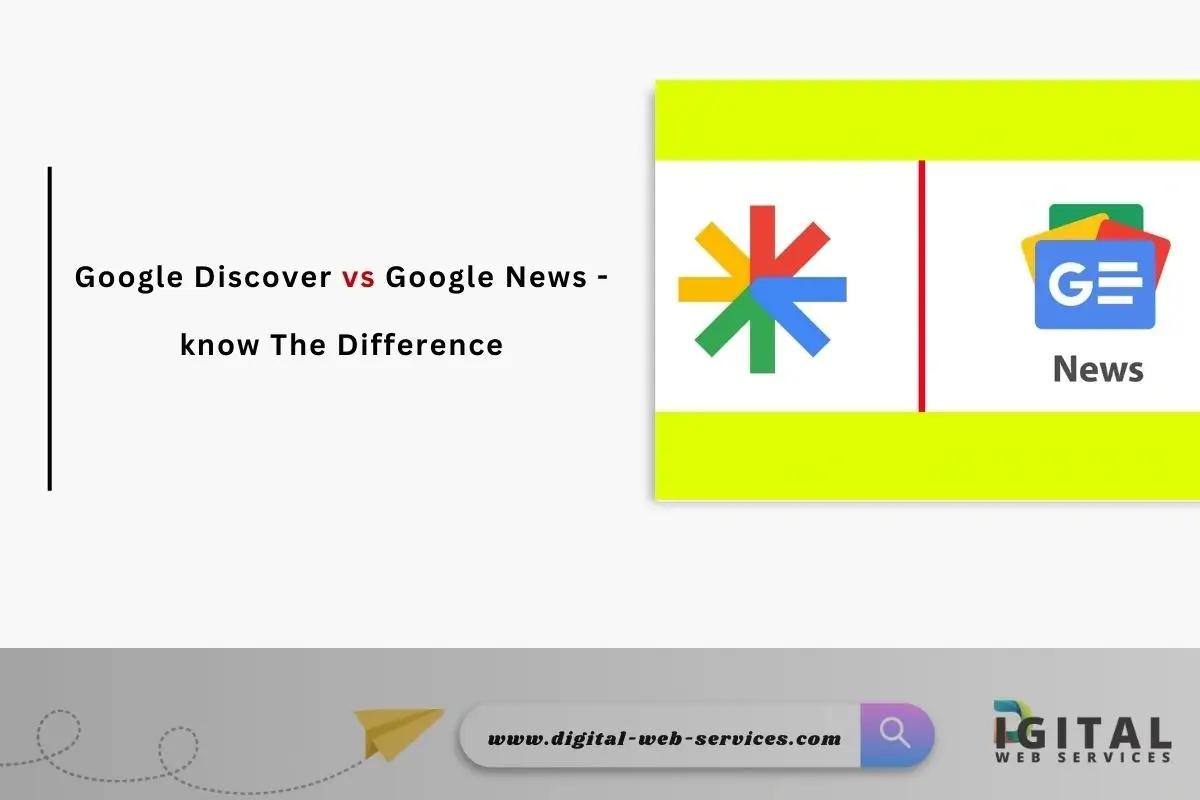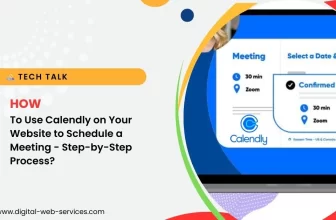
When it comes to getting content in front of users, Google offers several platforms to help publishers and content creators reach a wider audience. Two of the most prominent tools are Google Discover and Google News. While both provide valuable traffic and are crucial for SEO, they function in different ways. Understanding the difference between Google Discover vs Google News can significantly affect your content strategy and help you tailor your approach to each platform.
What is Google Discover and Google News?
Google Discover and Google News are both designed to keep users up-to-date with relevant, personalized information, but they serve different purposes. Google Discover is a feed of content that appears on mobile devices, often on the Google homepage or in the Google app. It curates stories based on user interests, search history, and activity on Google services, aiming to present users with fresh content they might not have actively searched for.
On the other hand, Google News is a news aggregation platform that provides headlines and breaking news from around the world. It’s a more traditional news platform, offering a real-time stream of news articles, often from recognized publishers and news outlets. Google News vs Google Discover becomes clearer when you examine their purposes: Google Discover aims to keep users engaged with content tailored to their preferences, while Google News focuses on delivering timely, authoritative news.
Key Differences Between Google Discover and Google News
One of the most notable differences between Google Discover and Google News lies in the type of content they showcase. Google Discover focuses on a personalized feed that is not strictly limited to current events. It might surface older articles that are still relevant or of interest based on a user’s behavior and preferences. Conversely, Google News focuses more on real-time reporting, offering breaking news, updates, and coverage from multiple sources around the world.
When it comes to SEO for Google News vs Google Discover, there are distinct differences too. Google News tends to prioritize publishers who regularly update their content and offer breaking news or in-depth coverage of current events. The platform favors authoritative sources, so getting featured on Google News often requires a strong reputation for producing newsworthy, high-quality journalism.
Google Discover, in contrast, rewards evergreen content and articles that remain relevant over time. As the feed is personalized, it doesn’t rely solely on timeliness but on the user’s past interactions and preferences. Google Discover content strategy vs Google News strategy differs in that content on Google Discover should focus on high-quality, engaging, and visually appealing media, which resonates with the specific interests of users.
Google Discover Algorithm vs Google News Algorithm
The underlying algorithms for both Google Discover and Google News differ significantly. Google Discover’s algorithm is designed to learn and predict what users are most likely to engage with, based on their browsing habits, search history, and interactions with Google services. As a result, Google Discover personalization is a huge part of its value, as it helps users discover content they might not have actively searched for.
Google News, however, prioritizes real-time updates and often shows the most recent content from authoritative sources. The Google News algorithm works by sorting articles based on their timeliness and the relevance of their sources. To perform well on Google News, content needs to be newsworthy, properly tagged, and updated regularly.
Which is Better: Google Discover or Google News?
The answer to the question of which is better: Google Discover or Google News? depends on your goals and the nature of your content. Google News is an excellent platform for publishers looking to share breaking news or timely information. If you focus on creating journalistic content that is current and frequently updated, Google News for publishers will likely be your best bet.
On the other hand, if your content is more evergreen or aimed at engaging users based on their interests, Google Discover for traffic may provide better results. Articles that stay relevant over time or target niche interests are more likely to be picked up by Google Discover. In terms of SEO, getting traffic from Google Discover vs Google News can differ based on how timely and personalized the content is.
Getting Featured on Google Discover vs Google News
To get featured on Google Discover vs Google News, content creators need to understand how both platforms evaluate content. For Google News, it’s critical to focus on timely, authoritative, and well-sourced articles that follow strict editorial guidelines. SEO for Google News includes optimizing articles with relevant keywords, using proper structured data, and making sure your content is aligned with journalistic standards.
For Google Discover, the focus is more on quality and engagement. Since the feed is highly personalized, the content should have high user engagement potential. Google Discover content recommendations vs Google News is driven by relevance to the user rather than just timeliness. If you want to succeed on Discover, focus on producing visually appealing, shareable content that matches the interests and behaviors of your target audience.
Google Discover vs News Feed
Another point of comparison is the Google Discover vs News Feed. The News Feed on Facebook or other social platforms is more centered around social connections, whereas Google Discover is tailored based on a user’s online behavior, showing them content that aligns with their searches, interests, and activities across Google’s vast ecosystem. While both offer a personalized content experience, Google Discover focuses on delivering content based on what Google knows about the user, not on social interactions.
How Google Discover Impacts SEO vs Google News
Both platforms have unique impacts on SEO. Google Discover and Google News – key differences in SEO are that Discover rewards highly engaging content, while News focuses on timely, authoritative content. To optimize for SEO for Google Discover vs Google News, it’s important to understand the nature of each platform.
For Google Discover, you should focus on crafting high-quality, visually appealing, and evergreen content that resonates with your audience. Include eye-catching headlines, use images effectively, and ensure that your content matches the interests of the users Google is likely to recommend it to.
For Google News, the focus should be on creating authoritative, timely, and well-structured content that aligns with newsworthiness and current events. Keep your content fresh and regularly updated, and ensure that it is properly tagged for easy discovery by Google’s algorithms.
Conclusion
In conclusion, understanding Google Discover vs Google News is essential for any content creator or publisher looking to leverage Google’s platforms effectively. While Google Discover focuses on personalization and engagement, Google News is centered on delivering real-time, authoritative news. Both platforms can significantly boost traffic when used correctly, but each requires a different strategy.
Whether you’re looking to engage users with long-lasting, evergreen content on Google Discover or gain visibility with timely, authoritative news coverage on Google News, it’s important to tailor your content strategy to the specific requirements of each platform. By doing so, you can make the most of both and drive more traffic to your website.
Digital Web Services (DWS) is a leading IT company specializing in Software Development, Web Application Development, Website Designing, and Digital Marketing. Here are providing all kinds of services and solutions for the digital transformation of any business and website.










